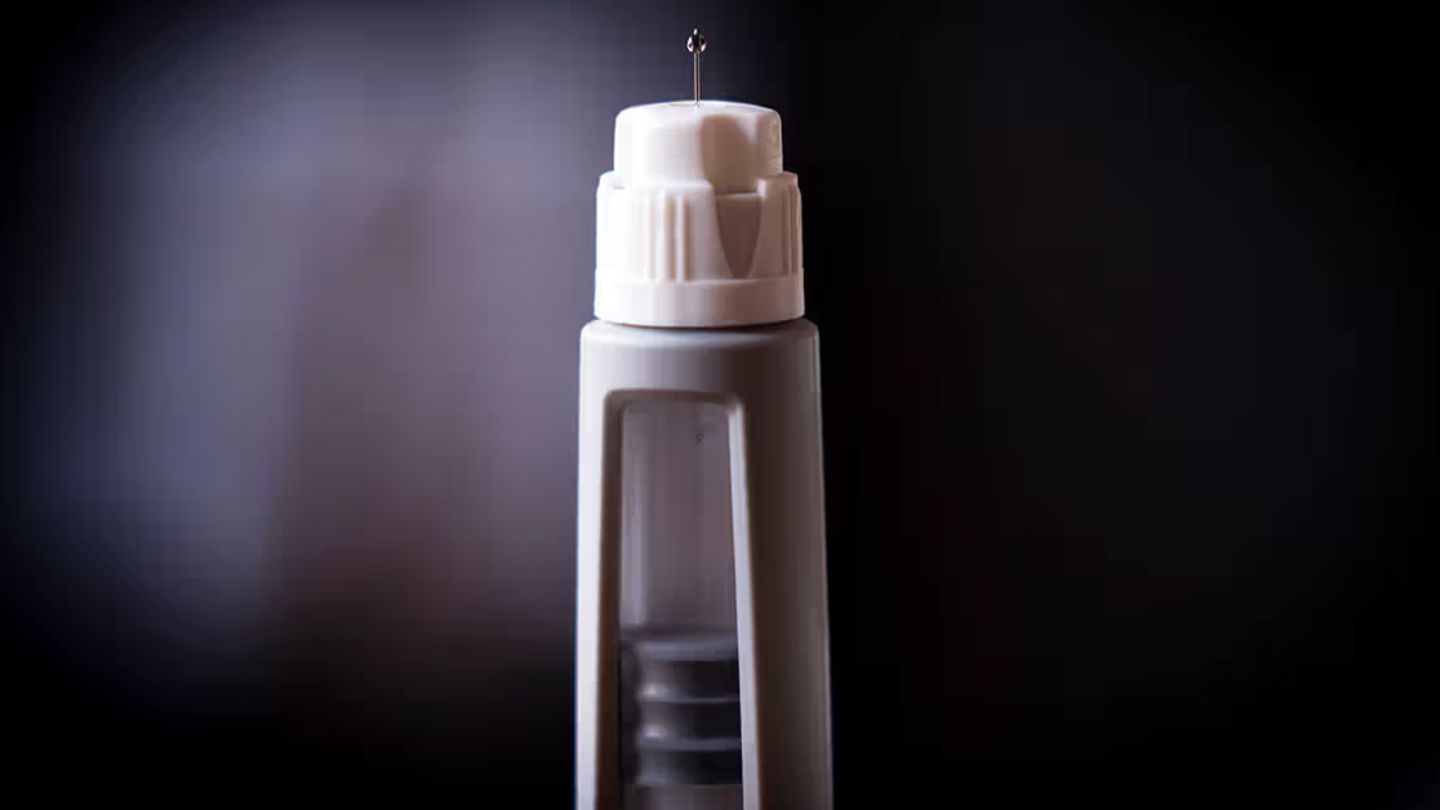Imagine your grandpa forgetting where he put a book. Okay—maybe that’s normal. But then he forgets the dinner date you planned together. Then your birthday. Then Christmas. Then every holiday. And finally… he forgets you.
Alzheimer’s is often called “the long death”—a slow, heartbreaking unraveling of memory, personality, and self. Over 7 million Americans are living with it, and that number is only growing.
But here’s the thing: new treatments might help prolong lucidity. The question is—at what cost?
What’s Actually Happening
A new class of Alzheimer’s drugs has hit the market. They’re shiny, high-tech, promising something medicine has long failed to deliver: a weapon against forgetting.
These aren’t just memory boosters. They aim to slow the biological decay of the brain. But here’s the catch: some of them come with a risk of brain bleeding, swelling, or even death.
Yep. We’re talking about drugs like Leqembi (FDA-approved in 2023) that may prolong lucidity—but have already been linked to patient deaths during clinical trials.
This is because Leqembi is a medicine that helps clear harmful protein clumps called amyloid from the brain, which are linked to Alzheimer’s disease. Sometimes, as the medicine removes these clumps, small blood vessels in the brain can get weak and leak, causing bleeding or swelling or ARIA.
So here’s the question that cracks the whole thing wide open: If a drug could help you stay “you” a little longer, but might also end your life early, would you take it? And if you have Alzheimer’s—when your mind is already fading—who gets to make that call?
The Big What If?
Picture this: it’s 2035. Brain scans are instant. Early-onset Alzheimer’s can be detected in your 40s. You test positive. There’s a drug that could give you 5–7 more years of clarity—but 1 in 20 patients die from it.
Your partner wants you to take it. Your adult kids say no. The doctor hands you the consent form. Your mind is slipping, but you still know your own name. Do you sign? Or do you wait and risk losing the ability to decide at all?
The Debate
The Hope Side: “We’re Buying Time”
For some patients, drugs like Lequembi might mean a few more years of recognizing their kids, finishing a memoir, or saying goodbye on their own terms.
As advocates put it:
“Even six months of clarity is worth it.”
The Harm Side: “The Cure Might Kill”
The risk isn’t minor. In trials, 12% to 35% of patients experienced ARIA. Some patients died. Others were left with worsened confusion, headaches, seizures.
There’s also a darker reality: these drugs are absurdly expensive (Leqembi costs $26,500/year) and may only mildly slow cognitive decline.
So…what’s a few months of memory worth? And who decides that?
Where It Gets Messy
Consent Gets Murky
What happens when someone with Alzheimer’s wants the drug but can no longer grasp the risks? They may have signed consent years ago—back when their mind was clear—but now, in the clinic, they say “no.” What does informed consent even mean when the brain is failing?
Whose Choice Counts?
Often, caregivers or family step in to decide what’s “best.” But does “best” mean playing it safe—or preserving the patient’s autonomy? Is accepting risk a price worth paying for the freedom to choose?
Access and Inequality
These new treatments aren’t for everyone. You need insurance, frequent brain scans, and access to specialty centers. So will only the wealthy get to hold on to their memories longer, while others slip away unnoticed?
What do you think?
Alzheimer’s is a devastating disease—it erases memories, independence, and, eventually, life itself. We now have treatments that can slow its progression, but they come with life-threatening risks. Should we embrace these treatments despite the danger, or are the costs too high (literally and metaphorically)?



